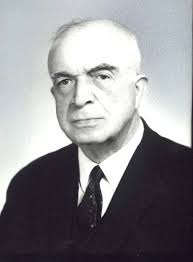Bonev, Nikolay
Professor Nikolay Bonev (1898-1979) formerly held the chair of Astronomy at the University of Sofia, in Bulgaria, favoured an Atlantic location for Atlantis and published a number of papers[187][188][189] in the mid-20th century on the subject. He was inclined to the idea of an asteroid strike or close fly-by as the  primary cause of the destruction of Atlantis(b). He considered that an asteroid approaching the earth would have caused a tide of enormous magnitude that would have created incredible devastation as it either followed its course as the asteroid either flew past or reacted to a massive sea impact. Bonev specifically favoured the asteroid Ceres as the culprit.
primary cause of the destruction of Atlantis(b). He considered that an asteroid approaching the earth would have caused a tide of enormous magnitude that would have created incredible devastation as it either followed its course as the asteroid either flew past or reacted to a massive sea impact. Bonev specifically favoured the asteroid Ceres as the culprit.
Bonev, caused a stir in 1961 when he expressed the view that our Moon had once been an independent planet(a) that had experienced violent volcanic eruptions that were powerful enough to have produced a ‘recoil’ effect, which nudged it towards our Earth’s orbit and was eventually captured as our satellite. His views had echoes of Hans Hoerbiger’s discredited captured moons theory. At the time scientists rejected Bonev’s claim as unsubstantiated by evidence, but since then we have discover the ongoing mega-eruptions on Jupiter’s moon, Io, which is slightly larger than our Moon. No effect on Io’s orbit has been recorded.
*(b) https://www.oocities.org/motorcity/factory/2583/tidetheory.htm (link broken Oct. 2019)
See: Archive 2659*
